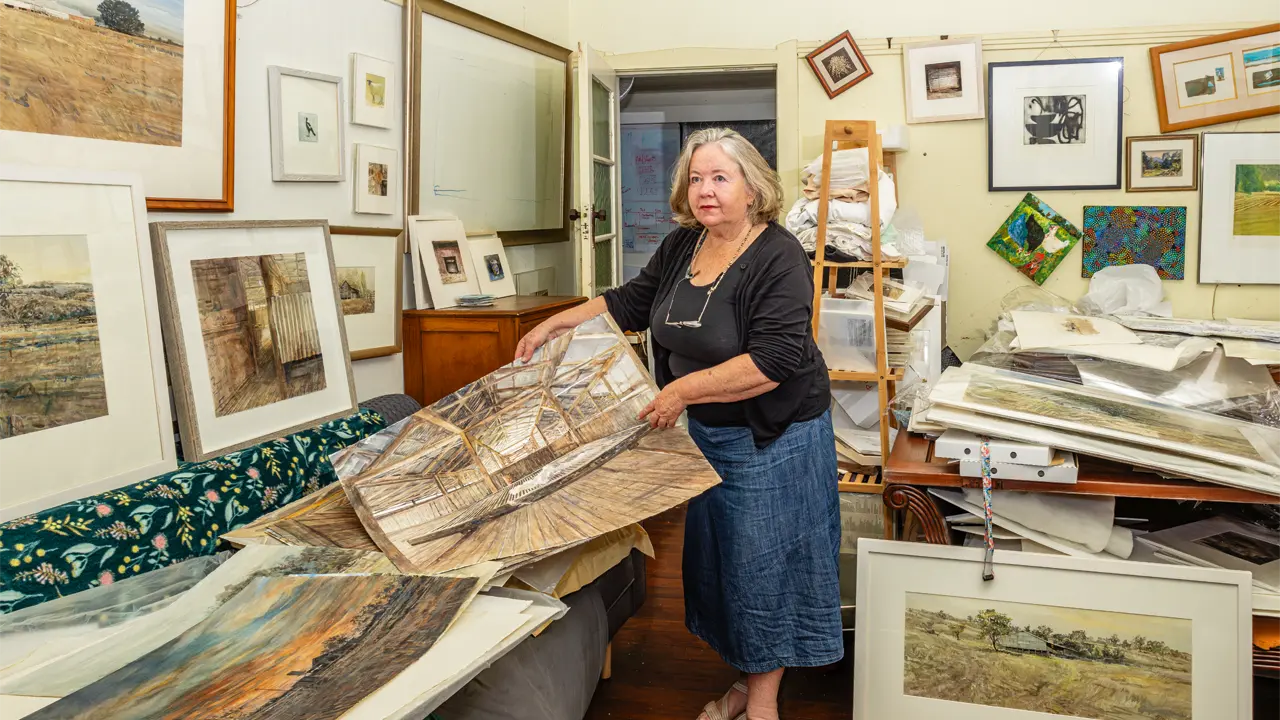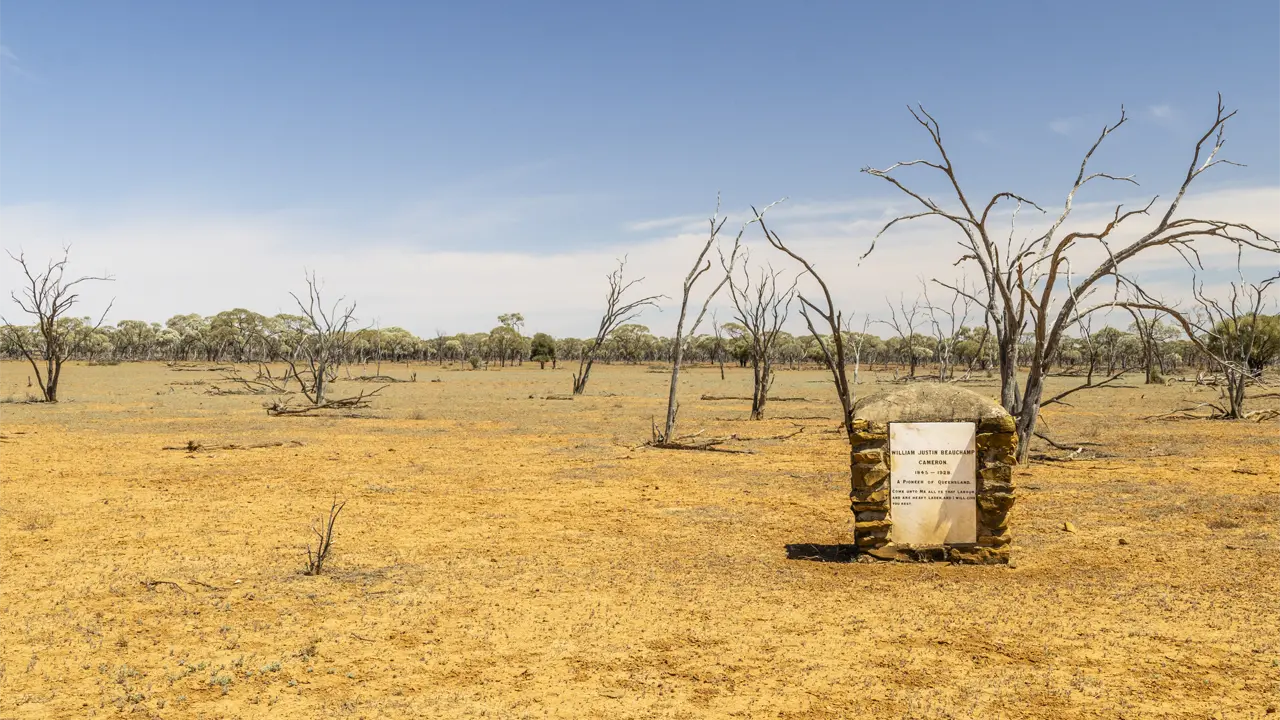A half-Chinese station hand from outback Queensland is poised to be recognised as one of Australia’s greatest war heroes.
Story By Patricia Maunder
Billy Sing was once a World War I hero around the world. But by the time he died in 1943, alone and almost penniless amid the tumult of another world war, he had been all but forgotten. Now that’s about to change and justifiably so.
William Edward Sing was born in Clermont, central Queensland, on March 2, 1886 to a father from Shanghai, at a time of profound anti-Chinese sentiment in Australia.
John Sing and his wife, Englishwoman Mary Ann Pugh, had married in 1883 and established a market garden where they raised three children: Billy had two sisters, Mary and Beatrice. Somehow this son of a Chinese man, whose Asian heritage was clear in his appearance, rose above the racist attitudes that had been made law with the Immigration Restriction Act of 1901. He became a likeable young bloke admired for his sporting prowess – particularly with a rifle.
“While still a boy, so the story went, he could shoot the tail off a piglet at 25 paces with a .22 rifle,” John Hamilton writes in Gallipoli Sniper, which was published two years ago and became a driver of renewed interest in the Billy Sing story. From about age 15, Billy worked as a station hand, musterer and horse driver, further cultivating his childhood bush skills, including hunting.
He honed his shooting abilities at the Clermont Rifle Club, and later at the rifle club in Proserpine, where he moved in 1910 to work as a canecutter. A regular winner of shooting prizes, he was also a good cricketer.
Sing was in his prime when he, like so many other outback Queenslanders, journeyed to Brisbane to join the 5th Light Horse Regiment in 1914. These bushmen had skills perfectly suited to soldiering, though it was some time before anyone realised their abilities as horsemen were useless in the new style of combat: trench warfare.
After cooling their spurs for several weeks near Cairo, the 5th and other regiments of the 2nd Light Horse Battalion went into action in May 1915. Leaving their horses behind, they joined the infantry being decimated on Turkey’s Gallipoli Peninsula.
This story excerpt is from Issue #70
Outback Magazine: Apr/May 2010









